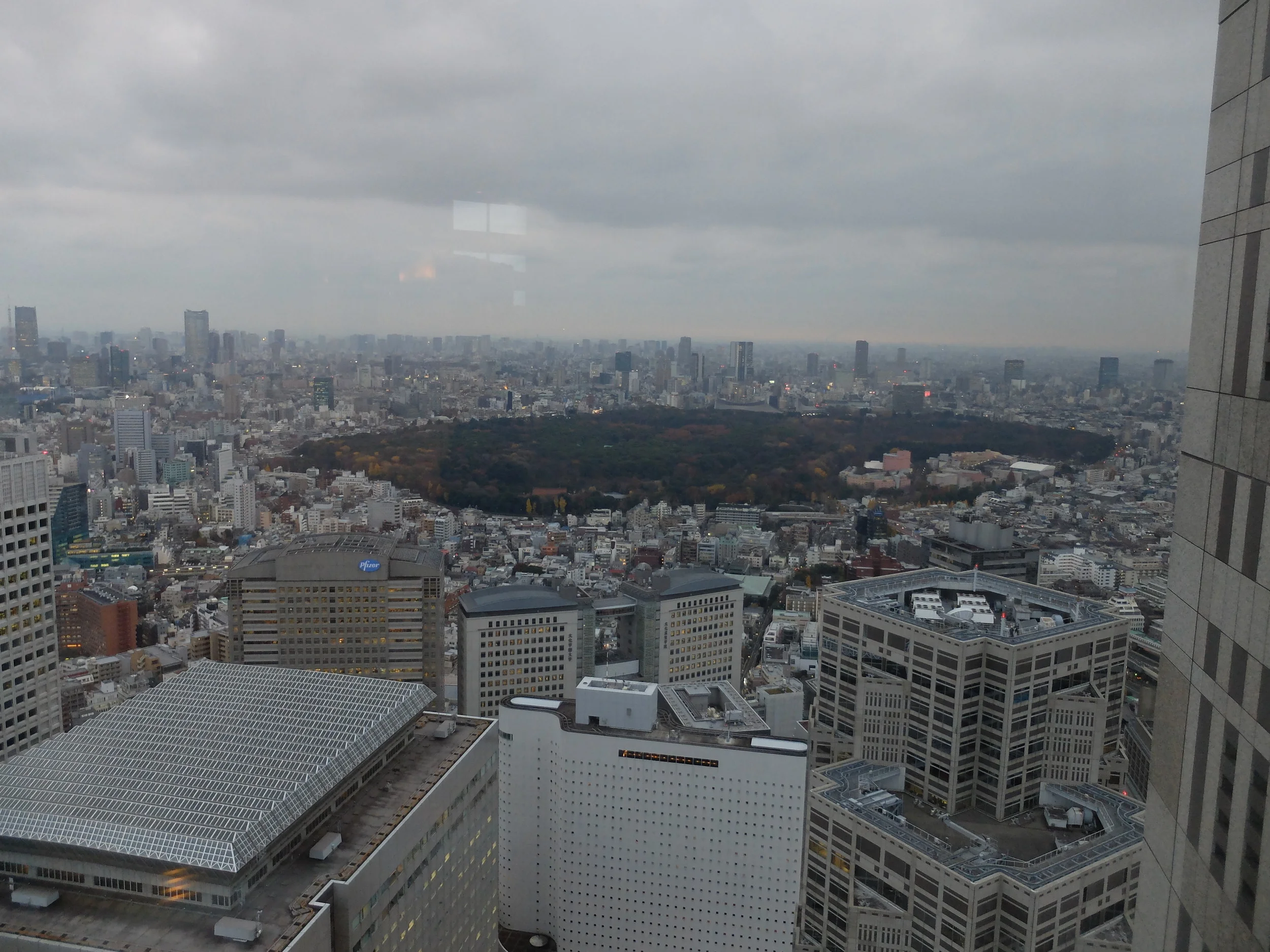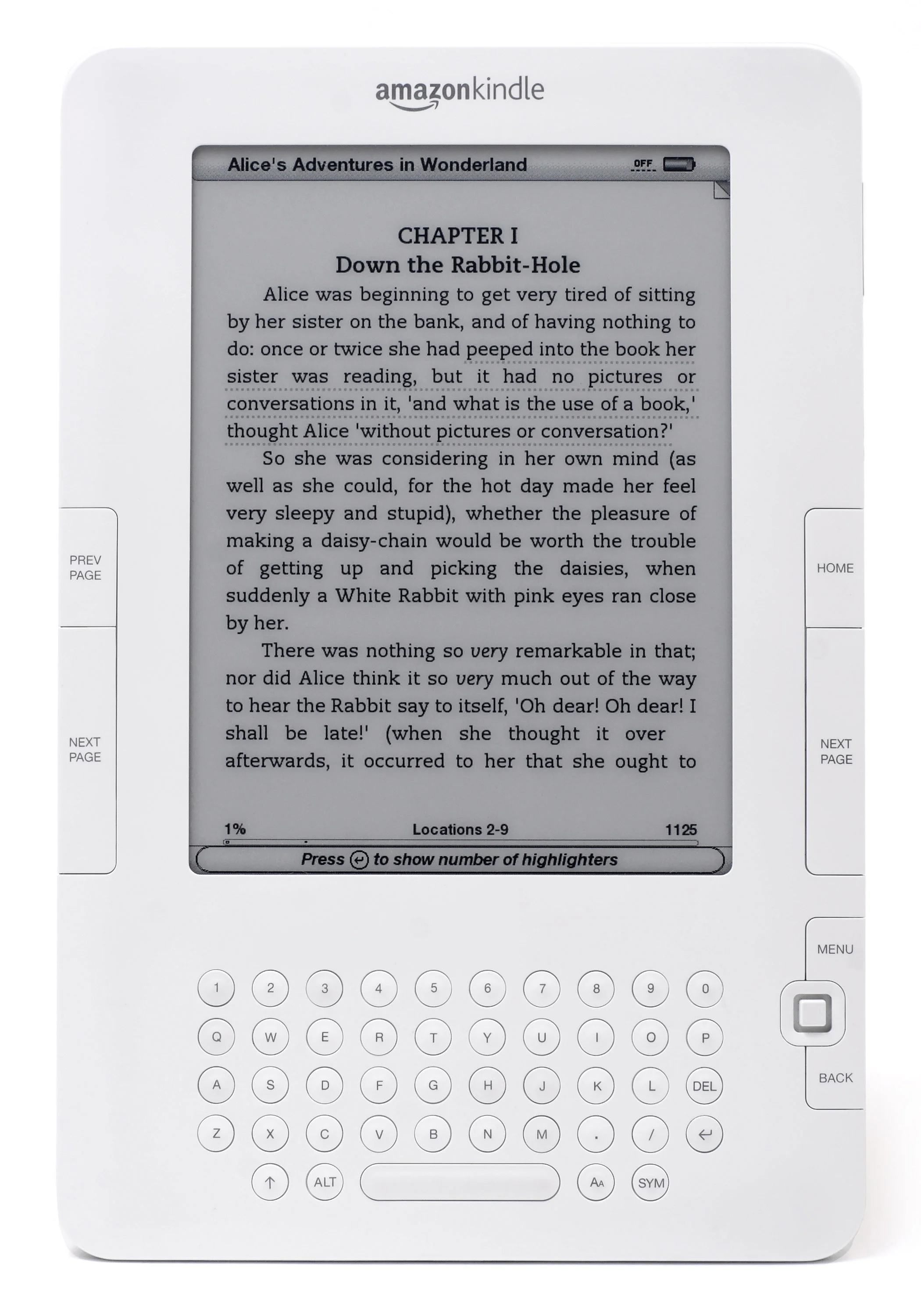The decline was entirely in the battery. Slowly, but surely it stopped holding charge. Finally, a couple of months ago, it finally got to the point where it wouldn't start up disconnected from power.
For a bit, I made due with my phone. Reading on a phone sucks, but it was better than nothing, and I was in the middle of re-reading The Rook. Then, after I finished it... I sort of stopped reading. For a few months I barely touched a book.
This was fine, as I was very busy at work, watching TV on the bus, and playing a lot of Rocket League at home.
Recently, a friend recommended a series to me that sounded like it'd be right up my alley: The Laundry Files, by Charles Stross. My universe summary 'Mathematics of a certain complexity attracts entities from parallel universes; A nerd special agent is tasked with helping prevent the end of the world.'.
A conundrum: With my Kindle dead, how would I read them?
A faint tickle occurred in the back of my head while pondering this question.
Hmmm. Lye-berry...
Lie-Barry...
A Library!
I dug out my library card, which had rested inactive since I had used it to get out The Martian.
A real book! Who would have thought!
Anyhow. This post was inspired by something that caught my eye: Apparently e-book sales are down.
I wonder if others are in the same place as me, Finding their e-book readers hitting their end-of-life, and being greatly disappointed by the heirs. I guess we'll see. It's starting to look to me that e-books will simply be yet another format, beside the hardcover, paperback and audiobook.






